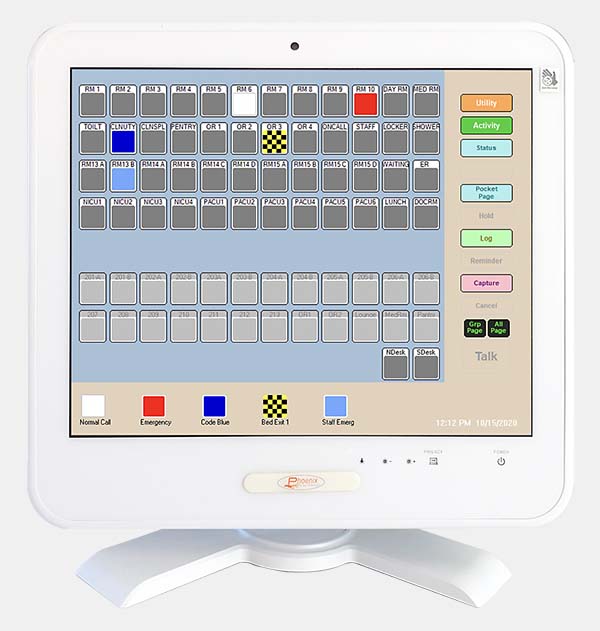In the fast-paced environment of healthcare facilities, efficiency and responsiveness are paramount. Every second counts when it comes to attending to patients' needs. Traditional nurse call systems have served their purpose, but the advent of wireless technology has brought about a revolution in patient care management. Wireless nurse call systems offer numerous advantages over their wired counterparts, empowering healthcare providers to deliver prompt, efficient, and personalized care. Let's delve into the benefits and functionalities of these innovative systems.
1. Enhanced Mobility and Flexibility:
Wireless nurse call systems free healthcare professionals from the constraints of wired infrastructure. Nurses and caregivers can respond to patient calls from anywhere within the facility, allowing for greater mobility and flexibility in delivering care. This mobility ensures that patients receive timely assistance, regardless of their location within the hospital or clinic.
2. Rapid Communication:
With wireless nurse call systems, communication between patients and healthcare staff is instantaneous. Patients can easily activate the call system with the press of a button, alerting nurses to their needs in real-time. This swift communication facilitates faster response times, leading to improved patient satisfaction and outcomes.
3. Customizable Alerts and Notifications:
Wireless nurse call systems offer customizable alerts and notifications tailored to the specific needs of healthcare facilities. Staff members can receive alerts via mobile devices, pagers, or desktop consoles, ensuring that calls for assistance are promptly addressed. Additionally, alerts can be prioritized based on the urgency of the request, allowing healthcare providers to allocate resources efficiently.
4. Integration with Electronic Health Records (EHR):
Integration with electronic health records (EHR) is a key feature of many wireless nurse call systems. This seamless integration enables healthcare providers to access patient information, medical history, and care plans directly from the call system interface. By having access to pertinent patient data at their fingertips, nurses can deliver more informed and personalized care.
5. Scalability and Easy Installation:
Wireless nurse call systems are highly scalable and can be easily expanded to accommodate the evolving needs of healthcare facilities. Unlike traditional wired systems, which require extensive infrastructure and installation efforts, wireless systems can be deployed with minimal disruption to operations. This scalability ensures that healthcare providers can adapt to changing patient volumes and facility layouts with ease.
6. Enhanced Patient Safety:
Wireless nurse call systems play a vital role in enhancing patient safety within healthcare facilities. Patients can quickly summon assistance in case of emergencies or urgent medical needs, reducing the risk of adverse events and improving overall patient outcomes. Moreover, staff members can easily locate patients in distress, allowing for timely intervention and intervention.
7. Real-time Monitoring and Reporting:
Modern wireless nurse call systems offer real-time monitoring and reporting capabilities, allowing healthcare administrators to track response times, call volumes, and staff performance. These insights enable continuous quality improvement initiatives, ensuring that patient care standards are consistently upheld and optimized.
In conclusion, Intercall system's wireless nurse call systems represent a significant advancement in patient care management, offering unparalleled mobility, efficiency, and customization. By leveraging wireless technology, healthcare facilities can streamline communication, enhance staff productivity, and ultimately improve patient outcomes. As the healthcare landscape continues to evolve, wireless nurse call systems will remain indispensable tools for delivering high-quality, patient-centered care.





Comments